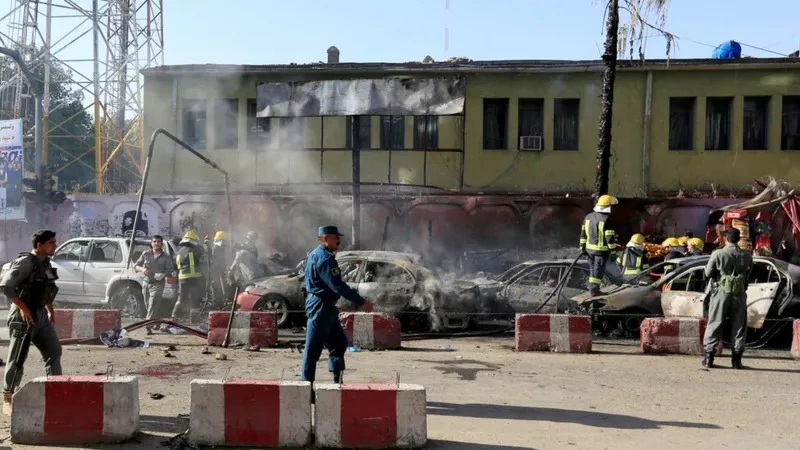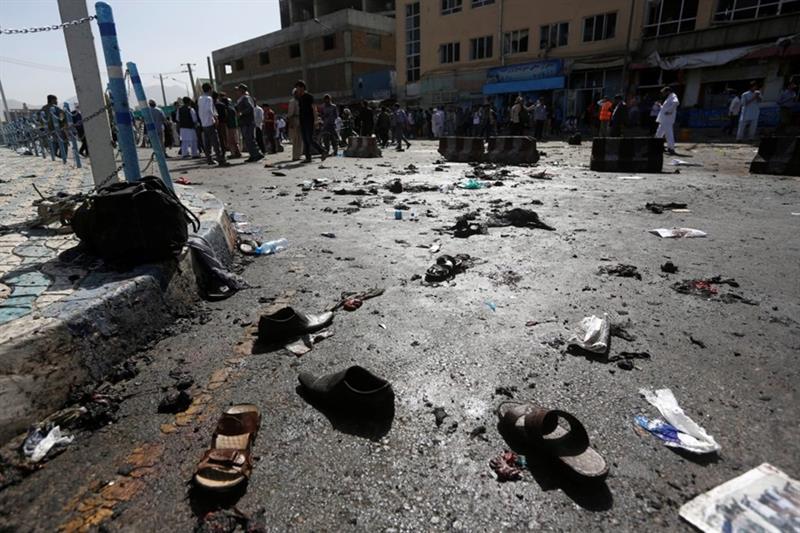A suicide bomber detonated explosives in the southwestern Qala Bakhtiar neighborhood of Kabul on Monday, killing at least six people and injuring 13 others, according to local police authorities.

Khalid Zadran, spokesman for the Kabul police chief, confirmed the attack and provided initial casualty figures. Among the dead was one woman, while all 13 injured were civilians who have been transported to nearby hospitals for treatment.
As of Monday evening, no group had claimed responsibility for the bombing. However, the Islamic State group’s affiliate in Afghanistan, a major rival of the ruling Taliban, has a history of carrying out similar attacks targeting schools, hospitals, mosques, and Shiite areas throughout the country.

The Taliban, who seized power in Afghanistan in August 2021 during the withdrawal of U.S. and NATO troops, are currently investigating the incident. This attack comes as the Taliban continue to face challenges in maintaining security and stability across the country, despite initial promises of a more moderate stance upon taking control.
Since their return to power, the Taliban have gradually reimposed a harsh interpretation of Islamic law, or Shariah, reminiscent of their previous rule from 1996 to 2001. This approach has raised concerns both domestically and internationally about the future of human rights and security in Afghanistan.



